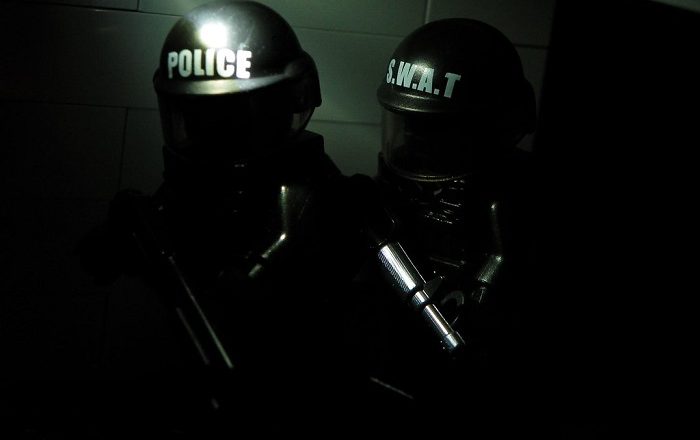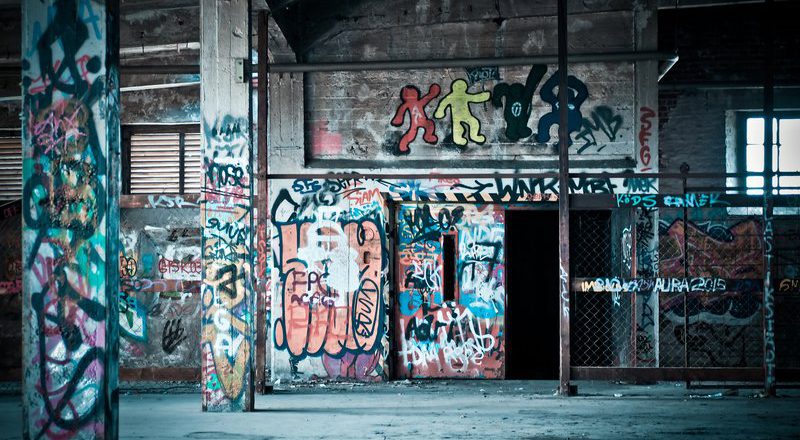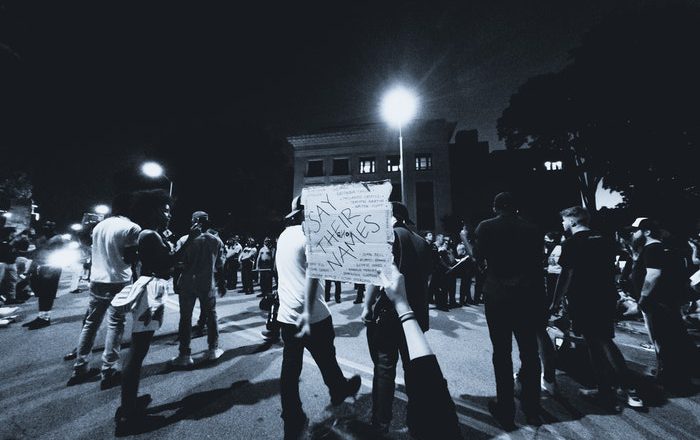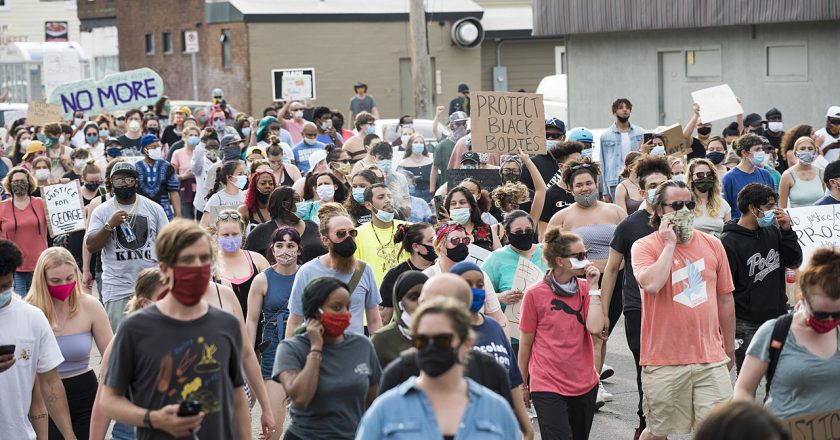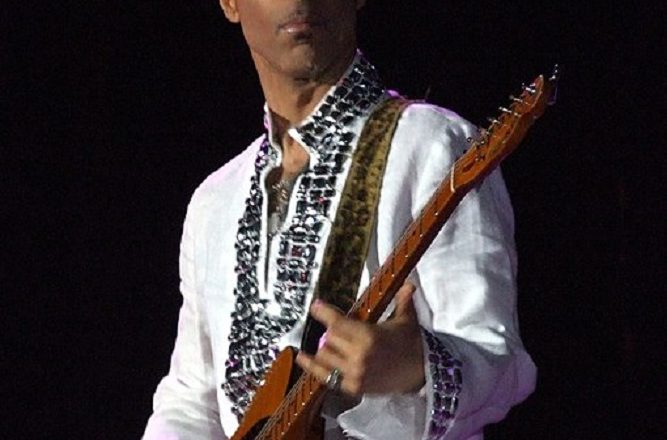After A Minneapolis Death A Relic Of The ‘War On Drugs’ No-Knock Warrants, Face Renewed Criticism
Protests in Minneapolis over the death of a 22-year-old man during a police raid have reignited debate over the role of so-called “no-knock warrants.”
Minneapolis Mayor Jacob Frey imposed a moratorium on the practice, in which police obtain permission to enter a premises unannounced, and often accompanied by heavily armed SWAT teams.
As a former police officer, I took part in no-knock raids. Often they offered little return – my team ended up empty-handed, with no real criminal evidence. I now teach criminal justice and police ethics and have observed that the use of no-knock warrants has increasingly become a concern for those demanding criminal justice reform.
Obtaining a ‘no-knock’ can be a low bar
No-knock warrants are an exception to the “knock and announce” rule, a common law polic...
